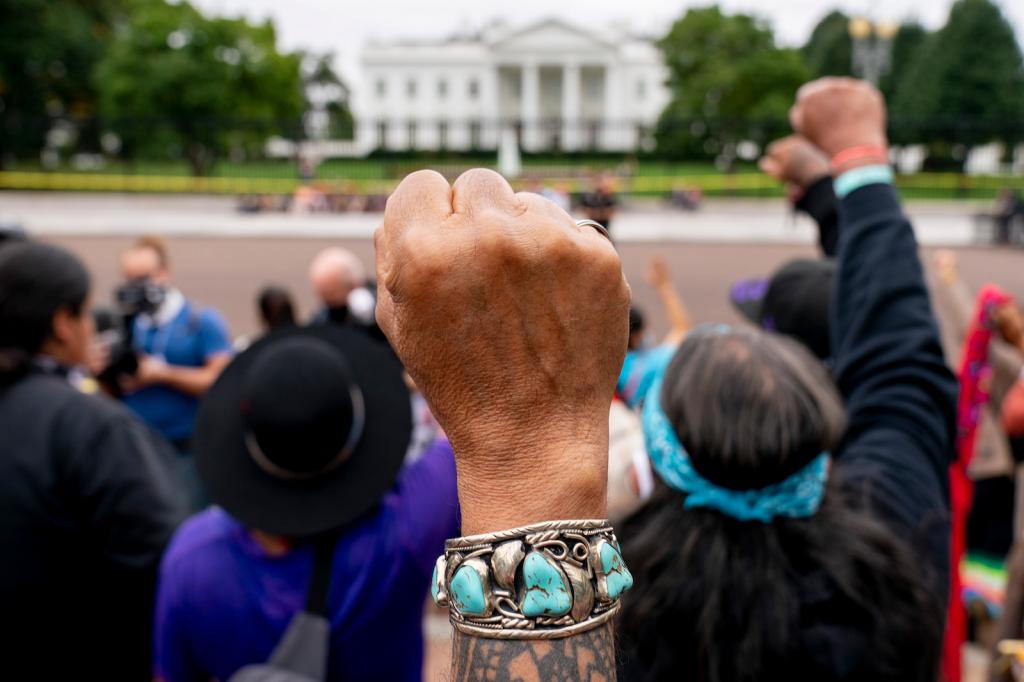The Trans-Pacific Partnership (TPP) — the mysterious trade agreement between the United States, Australia, Brunei, Canada, Chile, Japan, Malaysia, Mexico, New Zealand, Peru, Singapore, and Vietnam — just took a big step closer to passing.
Last week, the House voted to give President Obama the fast-track authority that will make the TPP almost certain to pass. On Tuesday, the Senate came up with just barely enough votes to break a Democratic-led filibuster standing in the agreement’s way. Twelve Democratic senators who voted against fast track in May reversed their positions, and the critical last vote came from Sen. Dean Heller (R-Nev.). “If he hadn’t shown,” Politico wrote, “Republican leaders were prepared to hold the vote open to allow GOP Sen. Bob Corker to fly back from Tennessee to finish the job.”
Obama wants the TPP to pass very, very much. He’s made it a top priority in his second term, so much so that legislators who have been uncertain about the TPP report being lobbied by the president to an unusual degree. “The president’s done everything but let me fly Air Force One,” Rep. Cedric Richmond (D-La.) told the Christian Science Monitor. Still, Richmond added, “I’m leaning no.” (That’s how he ultimately voted — not that it made a difference.)
The actual text of the 800 pages of the TPP remains a secret to all except for the few people who voted on it. They can only read it in a guarded basement room under the Capitol, and only if they promise not to take notes. The few chapters that have been leaked, though, make it look as though the TPP will create a race to the bottom for environmental regulations worldwide, since it allows its member countries to sue each other over regulations that affect their ability to do business — a process that some argue is unconstitutional.
Now that the filibuster broken, the Senate is expected to pass fast-track authorization by the end of the week. After that, the TPP itself will only need a simple majority vote to pass. That’s looking more and more likely.



